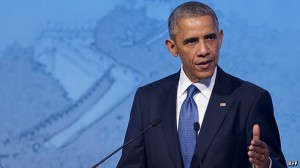It was announced last week that Canada Western Bank is investing $375,000 in the Junior Achievement program for western provinces over the next three years. Junior Achievement, a non-for-profit, is a group that provides financial, leadership, and business education to high school students in the form of in the classroom, and extra-curricular programs. As a part of this, employees of the firm will continue to provide their volunteer services in and around the classroom to supplement this type of learning.
As a product of the Junior Achievement Company Program myself, I have first hand experience as to the opportunities that such as organization can open young students up to. When I was in twelfth grade, the Junior Achievement of Southern Alberta (JASA) was able to provide me with the means to open up, and encounter the first hand knowledge that comes with running one’s own business. Though the company itself was not that successful (in fact it was embarrassingly not so), JASA’s program was able to open me up to opportunities and frontiers that no ordinary student would ever have been able to access before.
Though it looks good for companies to engage with NGOs and make partnerships with groups that do charitable work, I believe that CWB has found the perfect balance between engaging in the community, and keeping their activism relevant to what they stand for and believe in. CWB is investing in a group that helps youth, but it is also investing in a message and in education that they believe in, which makes the efforts that much more noble.
source: article
link to image: https://southern-alberta41285.thankyou4caring.org/image/trade.jpg









